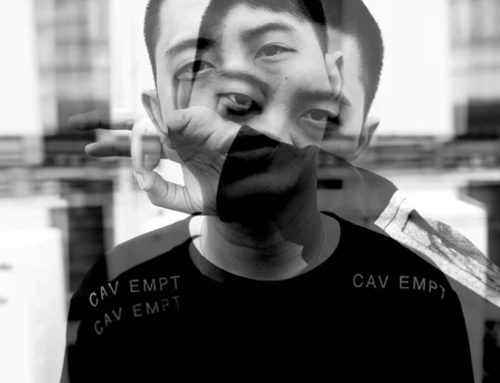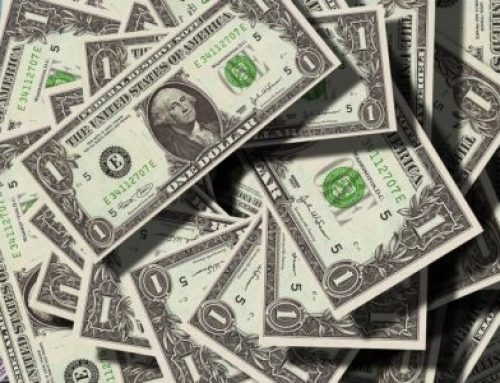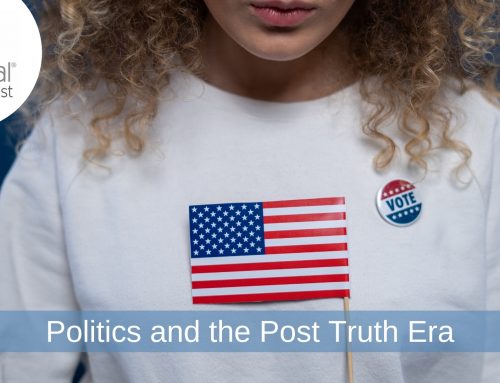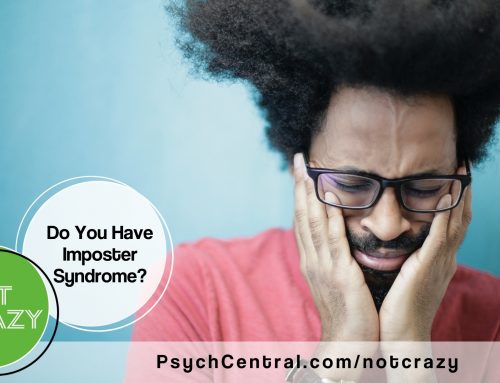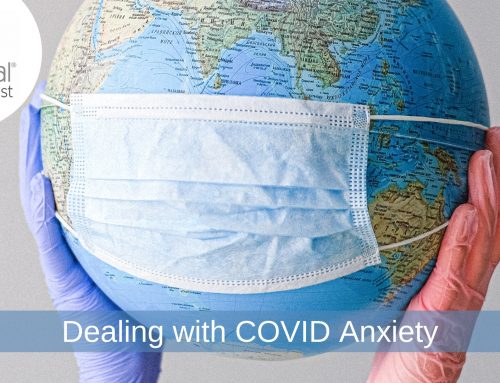The Positive Elements of Bipolar Disorder (Yes, There are Positive Elements)
 I had my third episode of “bipolar florid mania” a year ago. Many people I know with Type I bipolar disorder have rapid onset. My own onset, however, is so slow, spanning as much as six months, that the changes from “normal” to hypomanic to manic are almost imperceptible. My signs of bipolar hypomania invariably present as completely positive. I’m finally happy! I am finally able to put my ideas into motion and follow through! My self-esteem goes up to a healthy level. When I am stable, my self-esteem tends to be low. I view myself through a distorted lens. It is actually when I am hypomanic that the lens snaps into focus. I become free of anxieties, confident, and feel that this is my true self. When stable, I often feel bad about myself, despite objective reasons that my self-esteem should be high: I am a kind, loving person with strong creative abilities, two master’s degrees, and a wonderful daughter and husband. I’m considered attractive, and have many friends and relatives who love me. I’ve had several interesting careers, because I want to experience as many things as possible, and I have wide-ranging interests. Many of the things I’ve crossed off my bucket list are considered pretty amazing. So why can’t I hold onto that positive self-esteem, productivity, and relief from the voices in my head that tell me I’m not good enough?
I had my third episode of “bipolar florid mania” a year ago. Many people I know with Type I bipolar disorder have rapid onset. My own onset, however, is so slow, spanning as much as six months, that the changes from “normal” to hypomanic to manic are almost imperceptible. My signs of bipolar hypomania invariably present as completely positive. I’m finally happy! I am finally able to put my ideas into motion and follow through! My self-esteem goes up to a healthy level. When I am stable, my self-esteem tends to be low. I view myself through a distorted lens. It is actually when I am hypomanic that the lens snaps into focus. I become free of anxieties, confident, and feel that this is my true self. When stable, I often feel bad about myself, despite objective reasons that my self-esteem should be high: I am a kind, loving person with strong creative abilities, two master’s degrees, and a wonderful daughter and husband. I’m considered attractive, and have many friends and relatives who love me. I’ve had several interesting careers, because I want to experience as many things as possible, and I have wide-ranging interests. Many of the things I’ve crossed off my bucket list are considered pretty amazing. So why can’t I hold onto that positive self-esteem, productivity, and relief from the voices in my head that tell me I’m not good enough?
Of course, I know the answer. No one can stay in that hypomanic happy place forever. Bipolar disorder doesn’t work that way. It inevitably ramps up to full mania, when thoughts are distorted and anything seems possible. That’s when I go up so high that the negative elements come out, too —irritability and, eventually, rage. Productivity becomes impossible. At a certain point, I realize I have moved from hypomania to mania, but I want to make it last as long as possible before I am forced to take the dreaded anti-psychotics. I have to finish my book! I have to follow through with plans I’ve made while I still have momentum!
Bipolar Hypomania: Here’s the Thing
 Here’s the thing. I actually have taken ideas I’ve come up with while manic and put them into action later with great results. For example, after my first karaoke performance (while manic) I had an epiphany. Since it boosted my self-confidence so much, I thought it would help adolescents. After coming down from that manic episode, I instituted a “Karaoke in the Library” program. I did some research to discover why it had better-than-hoped-for results with my autistic students, who began relating to others for the first time. The article I wrote about my findings was published in an academic journal and cited by other librarians in their master’s theses. I put another idea I had while manic into action, which was then adopted by teachers in several local schools. Would this have happened without the mania? I know it would not have.
Here’s the thing. I actually have taken ideas I’ve come up with while manic and put them into action later with great results. For example, after my first karaoke performance (while manic) I had an epiphany. Since it boosted my self-confidence so much, I thought it would help adolescents. After coming down from that manic episode, I instituted a “Karaoke in the Library” program. I did some research to discover why it had better-than-hoped-for results with my autistic students, who began relating to others for the first time. The article I wrote about my findings was published in an academic journal and cited by other librarians in their master’s theses. I put another idea I had while manic into action, which was then adopted by teachers in several local schools. Would this have happened without the mania? I know it would not have.
I don’t mean to minimize the disastrous results of mania. I’ve experienced those, too, and I know I’m very lucky they haven’t been worse. But some of my experiences have enriched my life so much that I am actually glad to have this disorder. Hypomania releases my creativity. With my doubts and negative self-talk gone, I feel free to follow my muse(s). Anxiety and inhibition, which plague me when I am stable, disappear.
During the final stages of my last bout with bipolar mania, I stayed up half the night choreographing a dance to a favorite song and organized a flash mob at work the next day (it was my last day on the job and I went out with a bang). The “flight of ideas” is wonderful if you can grab some of those ideas as they fly by, and take notes. I have over a hundred pages of a book I began while hypomanic. Post-hypomania, I am always afraid that what I’ve written will read like the crazed writer’s masterpiece in The Shining: “All work and no play make Jack a dull boy” repeated ad infinitum. Instead, it’s been writing of which I’m proud.
Does Bipolar Create an Inflated Sense of Well Being?
“Religiosity” is considered a symptom of mania, but, in my experience, it was a profound spiritual awakening. No one can pathologize that away from me. I never believe I’m Jesus Christ or decide to become a nun, so what’s the problem? My expansiveness, increased sociability, and compassion have led to meaningful connections with strangers as well as friends. I care passionately about everybody — a good thing, in my opinion. I recall a telemarketer telling me, after a very long conversation, that I’d made his day. Of course, going further up the manic scale turns me from the Life of the Party to When-Is-She-Going-to-Go-Home Girl, but at least I’m not completely oblivious to the signals when that happens. After I come down, I still have new friends.
An “inflated sense of well-being”? I have never understood that as a manic symptom. How is it possible to feel too good? And what can be wrong with optimism and always looking on the bright side? What about the “symptom” of trying to save the world? I don’t believe one person can save it, but I’ve come up with some concrete ideas on how to help improve it. The major tenet of the religion in which I was raised is to “heal the world,” so why dismiss efforts to do that? “Increased sense of playfulness?” When I’m hypomanic my sense of humor is infectious; people are drawn to me. I make up elaborate jokes and plan group activities like the Wake for the Pillsbury Doughboy (I invited the entire company). But having fun is a good thing….as long as you control it. Impulsive decisions? Deciding to leave a job that made me miserable turned out to be lifesaving.
I desperately hope there will someday be a medication that will prevent hypomania from turning into mania. At least I can remember the truths I’ve discovered in that state, and act on them. Kay Redfield Jamison has written that, with all of the studies on depression, very little research has been done on exuberance. Let me hold onto that.




